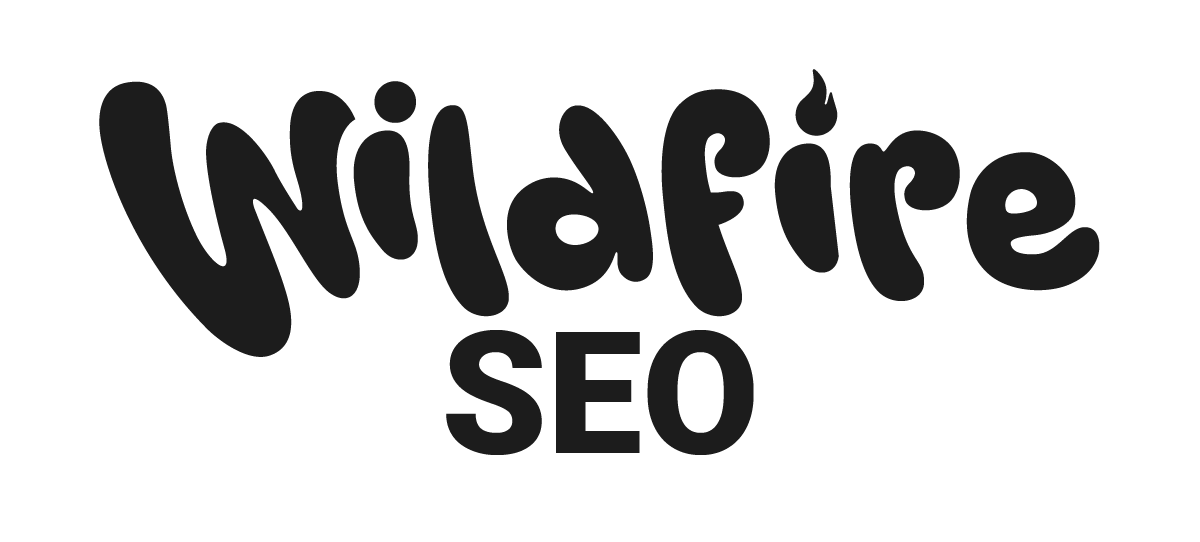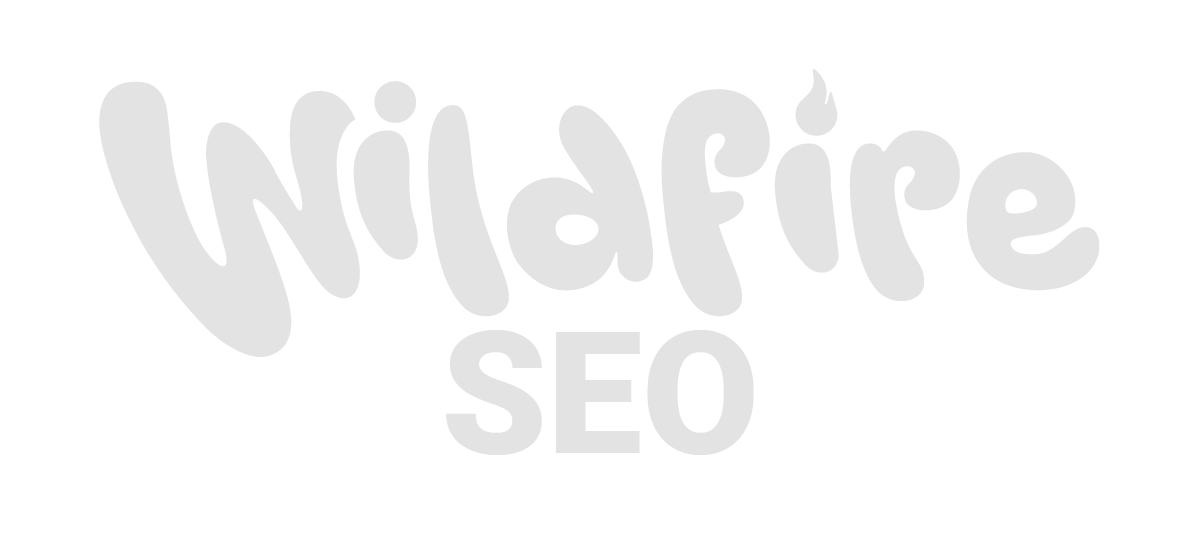
The Complete SEO FAQ
What is SEO?
SEO, or Search Engine Optimisation, is the process of optimising a website to improve its visibility and ranking on search engine results pages (SERPs). It involves techniques like keyword research, content optimisation and link building. The goal is to attract organic traffic by ensuring the website appears prominently in search results for relevant queries. Effective SEO practices help businesses increase online visibility, drive targeted traffic, and enhance competitiveness in their industry.
What is On-Page SEO?
On-page SEO involves optimising individual web pages to improve their search engine rankings and attract relevant organic traffic. It includes optimising meta tags, integrating keywords into content, improving user experience and site speed, optimising headings, and internal linking. By focusing on on-page SEO, businesses can enhance page visibility and relevance, leading to better search engine rankings and increased website traffic.
What is Off-Page SEO?
Off-page SEO enhances a website’s authority, relevance, and reputation outside of the site itself. Unlike on-page SEO, which focuses on webpage elements, off-page SEO boosts visibility and credibility through activities conducted off-site. Key aspects include building backlinks, social media presence and managing online reviews. These efforts signal to search engines that the website is trustworthy, leading to improved rankings and organic traffic.
What is a Content Strategy?
A content strategy involves planning, creating, publishing, and managing content across channels to achieve business goals, including identifying target audiences, developing resonant content, aligning with brand voice, and encompassing creation, distribution, promotion, and measurement, with defined KPIs for tracking effectiveness, ultimately attracting and engaging the audience, driving traffic, generating leads, and achieving marketing objectives.
What is a Content Audit?
A content audit is a systematic review of a website’s content, assessing its quality, relevance, and effectiveness. It evaluates each piece of content based on criteria such as accuracy, consistency, SEO optimisation, and alignment with goals and audience. The audit helps identify strengths, weaknesses, and areas for improvement, guiding strategies for content optimisation, repurposing and future creation. Regular content audits ensure that content remains valuable, engaging, and aligned with objectives.
What is Keyword Research?
Keyword research is the process of identifying and analysing the terms people use when searching online. This is one of the first major steps in SEO, it influences and forms the foundation for a content strategy. It helps businesses uncover valuable keywords for their industry, optimising content, ads, and digital strategy. Thorough keyword research improves visibility in search results, attracts qualified traffic, and meets audience needs.
What is Pay Per Click?
Pay per click (PPC) is an online advertising model where advertisers pay a fee each time their ad is clicked. It allows businesses to bid on ad placement in search engine sponsored links or on other platforms like websites and social media. The cost of each click is determined through a bidding process, influenced by factors such as keyword competitiveness and ad relevance. PPC campaigns offer advertisers control over budget, targeting options, and ad content, making it a flexible and measurable form of digital advertising.
What is a Click-Through-Rate?
Click-Through Rate (CTR) measures an ad’s effectiveness by calculating the ratio of users who click on a specific link to the total users who view the page, email, or advertisement. Expressed as a percentage, CTR gauges ad relevance and audience appeal. A higher CTR indicates better resonance and more clicks, while a lower CTR suggests the need for ad optimisation. It’s a key performance indicator (KPI) in digital marketing, providing insights into ad campaign success and ROI assessment.
What is a Bounce Rate?
The bounce rate is a web analytics metric that measures the percentage of visitors who leave a website after viewing only one page, without further interaction. It indicates the effectiveness of engaging visitors and encouraging them to explore more content. High bounce rates suggest a lack of relevance or appeal, while low rates indicate successful engagement.
What is Indexing?
Indexing is the process where search engines collect and store information from web pages, making it searchable. It involves analysing web page content and adding relevant pages to the search engine’s index for retrieval in search results. Indexing is essential for ensuring web pages are discoverable and accessible to users, impacting their visibility and traffic. Web spidering, also known as web crawling, plays a pivotal role in indexing. It involves automated processes where web spiders systematically browse the internet, collecting data from web pages to be analysed and added to search engine indexes. This ensures that relevant pages are included in search results, ultimately impacting their visibility and traffic.
What is Organic Traffic?
Organic traffic comprises visitors who reach a website through unpaid search engine results rather than paid ads. Users find the site by entering queries into search engines and clicking on relevant organic search results. Unlike paid traffic, which involves advertising expenses, organic traffic results from effective SEO strategies such as optimising content and improving site architecture. It serves as a vital metric for website success, reflecting its visibility, relevance, and authority within its niche.
What are Backlinks?
Backlinks, also known as inbound or incoming links, are hyperlinks from one webpage to another. They’re crucial for SEO as they signal a website’s authority and relevance to search engines like Google. The more high-quality backlinks a site has from reputable sources, the better its chances of ranking well in search results. Obtaining backlinks involves content creation, outreach, and networking efforts. They drive referral traffic and enhance a website’s visibility and reputation.
What are Meta Tags?
Meta tags are HTML elements providing information about a webpage’s content to search engines and visitors. Placed in the <head> section, they include the title, description, and keywords. The meta title acts as the clickable headline in search results, while the description offers a brief overview. While meta keywords are no longer used for ranking, meta tags are crucial for optimising web pages and influencing click-through rates by providing relevant information to users.
What is HTML?
HTML, or Hypertext Markup Language, is the standard language for creating web pages. It provides the structure and formatting for content displayed on a webpage, using elements and tags like headings, paragraphs, images, and links. HTML is essential for web developers and designers, serving as the foundation for organising content on the internet.
What is Schema Markup?
Schema markup is structured data added to websites to help search engines understand content better. It uses specific tags in HTML, allowing search engines to interpret and display content more meaningfully. Schema markup enhances search results by providing additional context, such as product info and reviews. It improves visibility in search results and enhances the user experience.
What is Alt Text?
Alt text, or “alternative text,” is a descriptive attribute in HTML code that provides textual descriptions of images on a webpage. It enhances accessibility for visually impaired users and improves SEO by providing context to search engines. Alt text should accurately describe the image’s content and function concisely, ensuring all users can understand the webpage’s content.
What is a Search Algorithm?
A search algorithm is a set of rules or instructions used to solve a problem or perform a task. In the context of search engines like Google, algorithms are complex mathematical formulas that determine the relevance and potential ranking of web pages in search results. They analyse factors such as keywords, content quality, user engagement, and website authority to provide users with relevant results. Algorithms are continuously updated to enhance search quality and user experience.Google regularly announces new algorithm updates and provides hints about their changes, but the search engine giant never discloses the complete details of its algorithms.
What is E-E-A-T?
E-E-A-T, or Experience, Expertise, Authoritativeness, and Trustworthiness, is a set of criteria used by Google to assess web page quality. It evaluates expertise, authoritativeness, and trustworthiness in content creators and websites. E-E-A-T is crucial for search engine rankings, prioritising accurate, reliable, and trustworthy content for users.
These are just a few of the terms commonly used in the workplace of SEO. If you have any further questions or need clarification on any term, get in touch with our team today!



